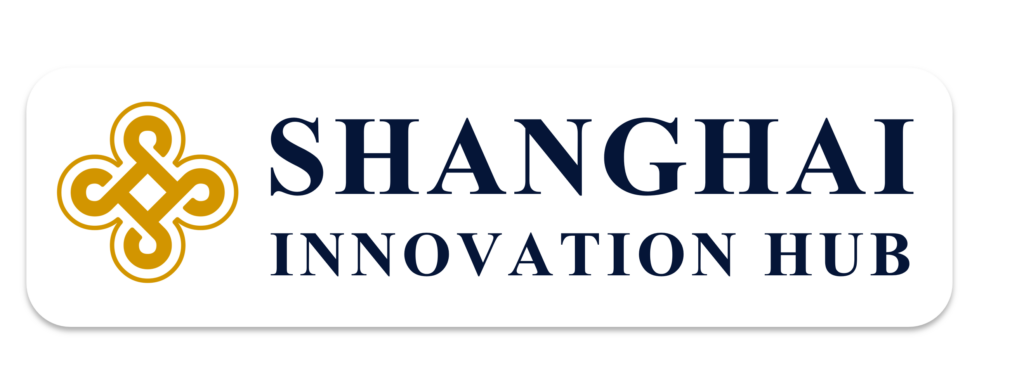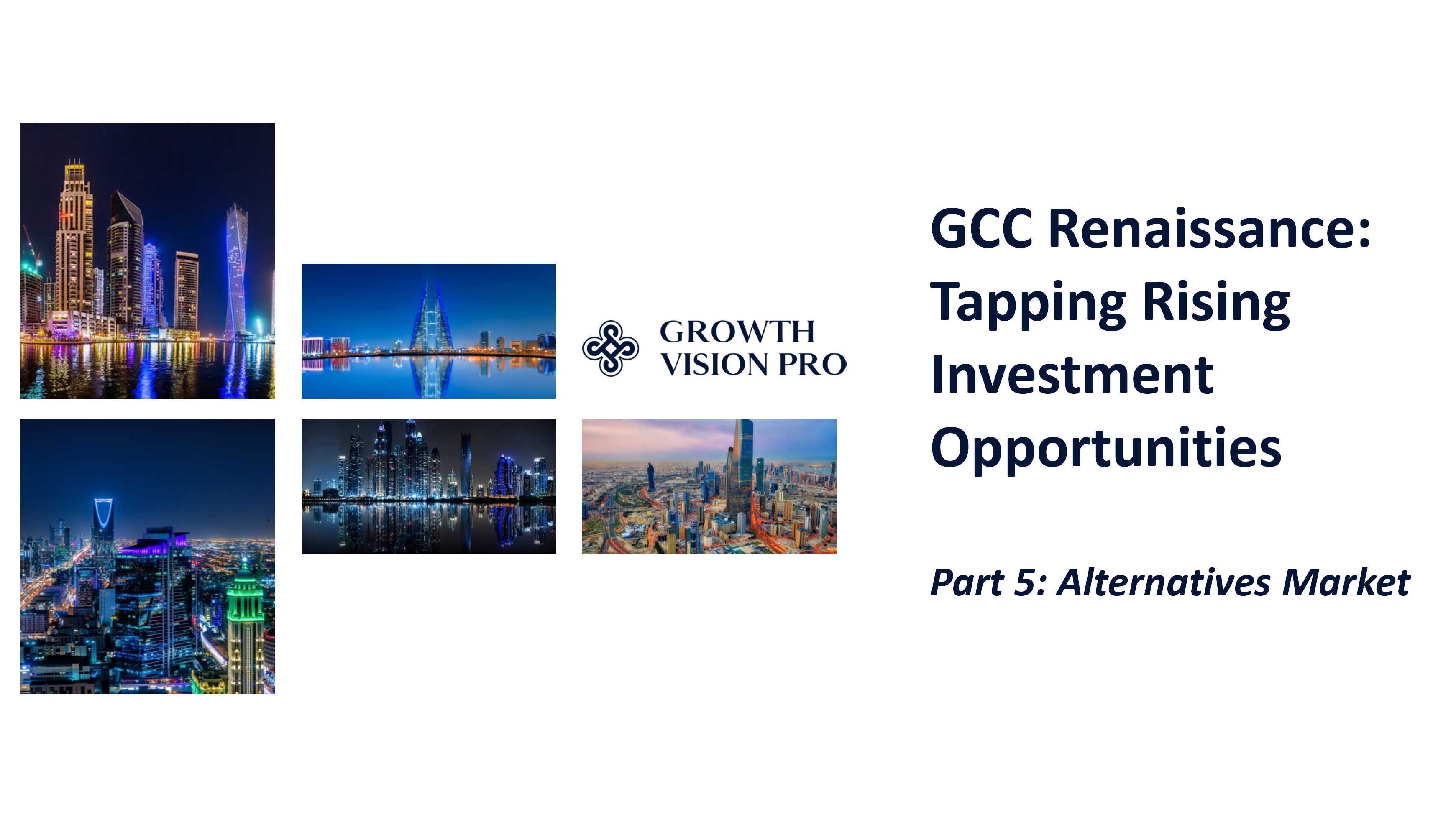The GCC, once seen primarily as a capital source, is now increasingly recognized for promising investment opportunities in the global alternatives industry
💰 Over a 16-year period from 2008 to Q3 2023, global private capital raised $15.3 trillion, with North America leading at 55%. Surprisingly, the Middle East only accounted for $86 billion, representing a mere 0.6% of the global market.
🚀 Private equity (PE) fundraising in the Middle East is overallocated compared to the global average (58% vs. 37%), while venture capital (VC) is underallocated (12% vs. 17%). We anticipate a shift towards more VC funding in the near future, with VC activity in the region reaching $10 billion in 2023, peaking at $3.9 billion in 2022.
🏦 Banks and sovereign wealth funds (SWFs) currently play a crucial role, contributing almost 80% of capital allocation in the Middle East, highlighting a unique market structure compared to the global landscape.
🌍 The UAE, KSA, and Bahrain emerge as the most attractive regions for fund establishment, with SWFs serving as ecosystem enablers for private capital market development. The UAE, in particular, attracts around 70% of newly established funds.
📈 The GCC is experiencing a transformation, evidenced by a significant increase in active general partners (529 GPs), nearly doubling between 2018 and 2023.
💼 Major deals involving prominent investors like Blackstone, CVC Capital Partners, Silver Lake, and Apollo reflect the GCC’s growing attractiveness as a destination for capital deployment. This shift has led to a fourfold increase in dry powder for VC funds, reaching $1.63 billion by the end of 2022. The top sectors for VC investment include software, financial services, and internet-related solutions, which collectively account for approximately 70% of deals, with software solutions claiming a significant portion at 30%.
Takeaways:
Emerging trends indicate a shifting perception of the GCC as an investment hub, with significant growth in active GPs and venture capital deployment.
Stakeholders should leverage the region’s evolving landscape, engaging with ecosystem enablers and exploring opportunities in sectors like software and financial services.
By staying informed and proactive, investors can capitalize on the GCC’s potential for strategic investments and contribute to its ongoing transformation and diversification.













